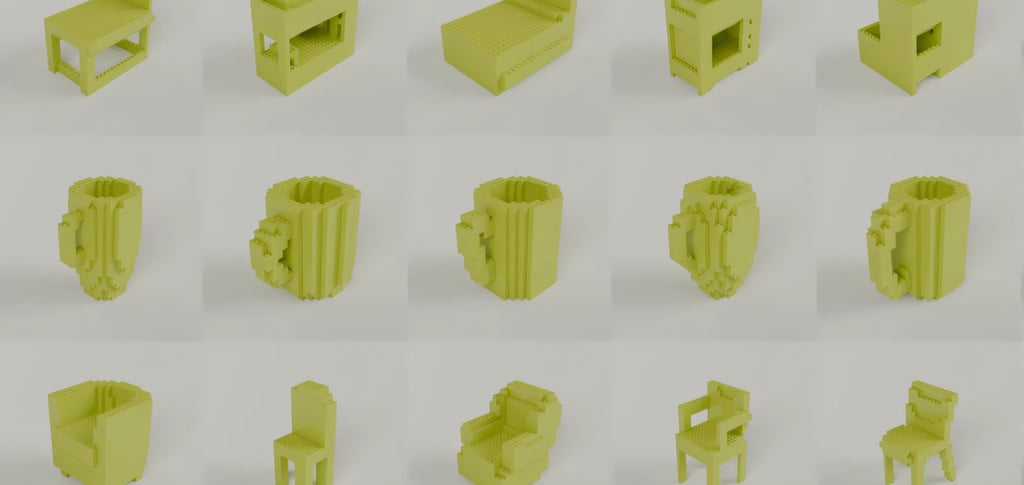One of the latest examples of corporate reinvention comes from none other than LEGO.
In today’s world, stagnation is equivalent to being erased from the business landscape. One of the latest examples of corporate reinvention comes from none other than LEGO. Just last month, LEGO unveiled LegoGPT
INSPIRING STORIES
6/14/20251 min read


In today’s world, stagnation is equivalent to being erased from the business landscape.
One of the latest examples of corporate reinvention comes from none other than LEGO.
Just last month, LEGO unveiled LegoGPT — an AI system developed by Carnegie Mellon University, capable of transforming text prompts into physically buildable LEGO models.
The system acts like an "AI architect," turning prompts such as “a red fire truck” or “a winged spaceship” into step-by-step, buildable LEGO blueprints.
Trained on a unique dataset called StableText2Lego, featuring over 47,000 LEGO structures, LegoGPT can generate 3D LEGO designs with not just the right shapes, but also desired textures and colours.
But this isn’t just a toy.
This is a lesson in adaptive transformation:
A demonstration of what it means to truly use technology functionally, not just rhetorically, to create tangible, buildable outcomes and bridge creativity with engineering intelligence.
With LegoGPT, LEGO is also making a strategic leap into education and innovation, potentially playing a breakthrough role in STEM learning, product design, and architectural prototyping—by putting AI directly into the hands of children and creators alike.
Now imagine a company that was founded over 90 years ago, producing only one kind of product: a small plastic brick...
And yet, it remains a global industry leader.
While some businesses are still debating digital transformation, others—like LEGO—are already redefining the boundary between the physical and digital worlds.
Why should companies think like LEGO?
Whether you're in retail, finance, manufacturing or services, if you want to exist in the future, you have to rewrite the rules.
Because transformation isn’t a project.
It’s a way of thinking.
